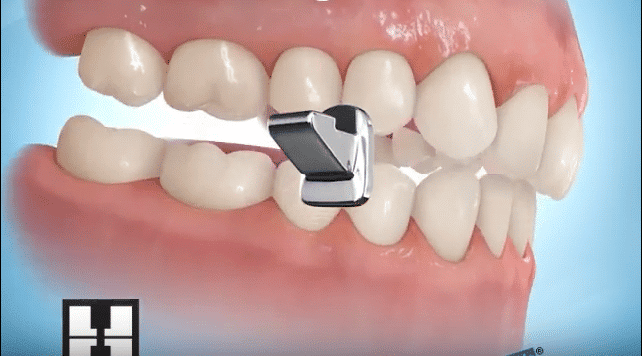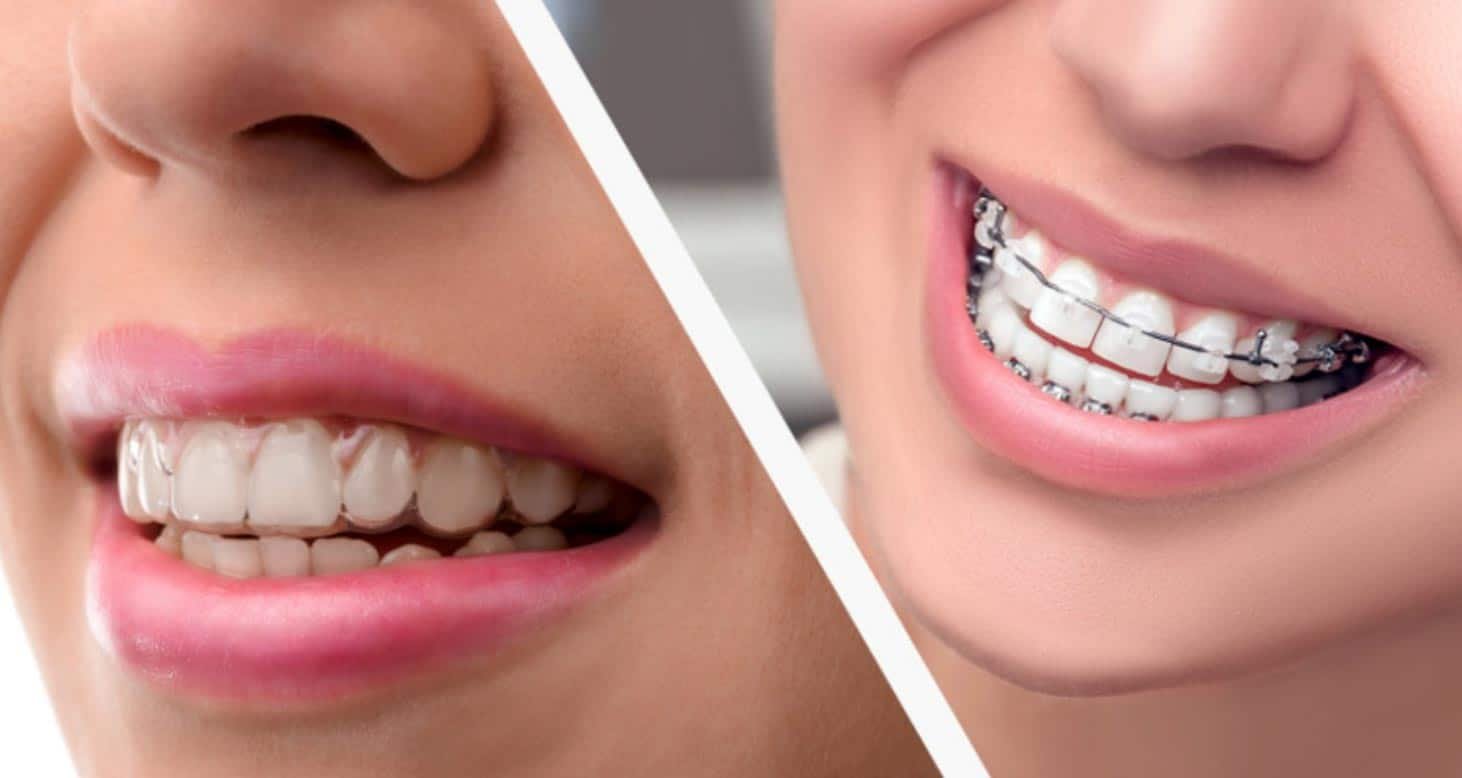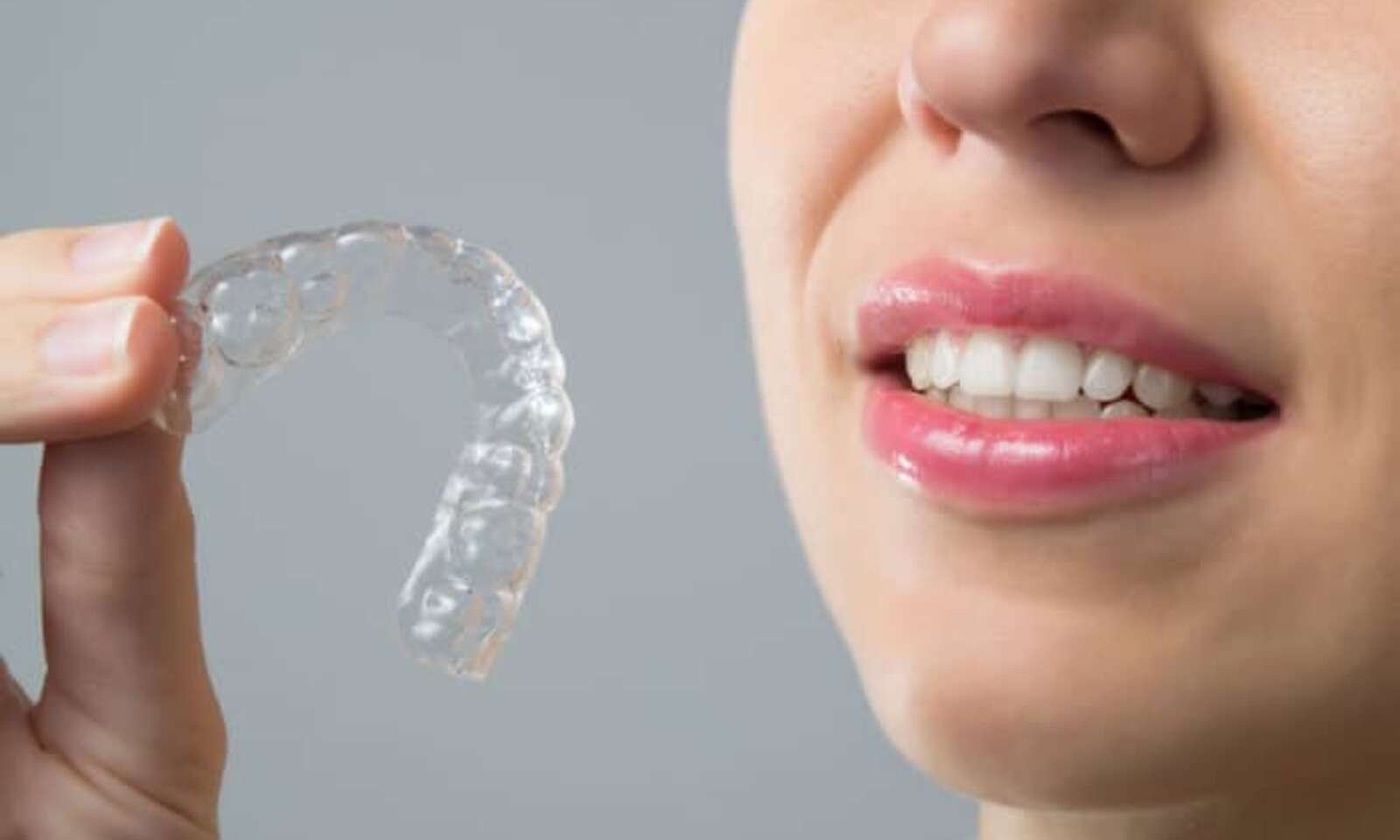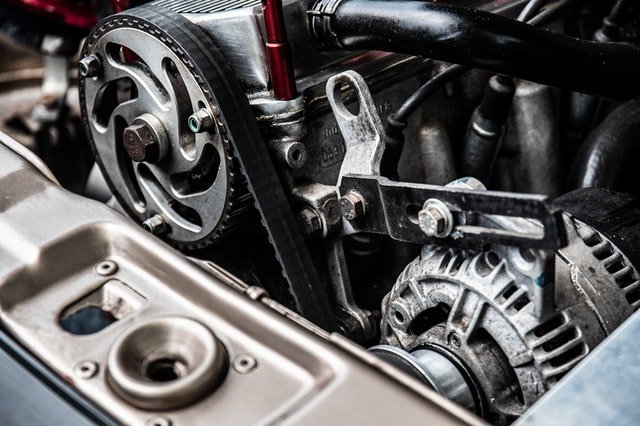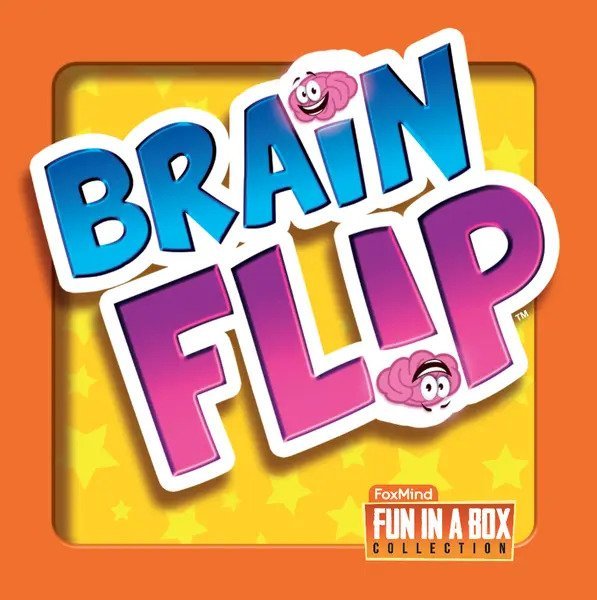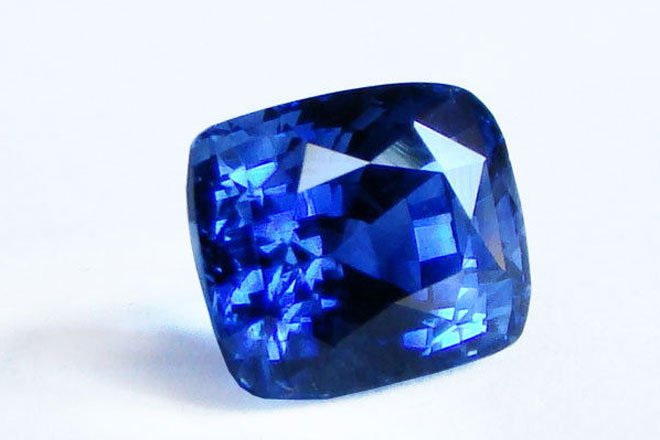How Tiny Turbos Make a Big Difference?
The orthodontic brace combines metal bands around your back teeth attached with wire and brackets on each tooth. These brackets help to pull your teeth in a healthier alignment.
Sometimes, to achieve additional results, specific devices are added. Bite blocks are sometimes called ramps or bite turbos used to help your treatment. Bit blocks help prevent your upper and lower teeth from touching or breaking brackets when biting.
What are bite blocks?
They are tiny devices that an orthodontist attaches to your teeth to keep your upper and lower teeth from coming into contact with each other while eating or biting.
They protect brackets and assist in correcting overbite/underbite problems. Usually, they are made of metal, glass ionomer, or acrylic. They are found in various colors, such as pink, blue, red, silver, or even tooth-colored.
Sometimes bite blocks may be spring-loaded, L-shaped, or triangular-shaped on the tongue side of your front teeth; sometimes, they are flat or mounded black attached to the top surface of your molars. Suppose you have a problem while eating or biting. In that case, you should consider visiting the best orthodontics near me to know the proper treatment and diagnosis.
Why do people need bite blocks for braces?
If your dentist suggests bite blocks, it may be because your teeth come into contact with each other and slow down the straightening process of your teeth.
Suppose people have an overbite, crossbite, crowding, or deep bite. In that case, bite turbos will help save them from biting down or worsening situations like tooth broken. Although they are used with traditional orthodontist braces, some dentists use bite turbos alone. In children, bite turbos can correct crossbite issues.
What are the side effects of bite blocks?
Like other dental devices, bite blocks pose some problems, especially when applied. Here are some common issues you should visit an orthodontics specialist in Florida.
Problems chewing
According to reliable sources, chewing or biting while you have bite blocks can change how your muscles work. It takes a little while to adjust your eating properly when your teeth aren’t meeting normally.
Also, you should limit some food such as sticky, hard food, chewing gums, or food that may disturb your dental appliance because food that needs a lot of chewing will be difficult and uncomfortable.
Soft foods are usually a better idea.
While you wear bite blocks, you might want to cut your food into smaller pieces to make it easier. After a week, you probably have adapted to bite blocks and make new ways to chew food.
Speech impairment
For some people, bite blocks make hurdles in the way of the tongue, and it causes speaking problems or forms some vowel sounds differently. This problem is widespread, with blocks attached to your mouth’s surface.
Conclusion
Suppose you have an underbite, overbite, or problem-related chewing. In that case, you should contact an orthodontist in Aventura Florida, for a thorough diagnosis and treatment.


